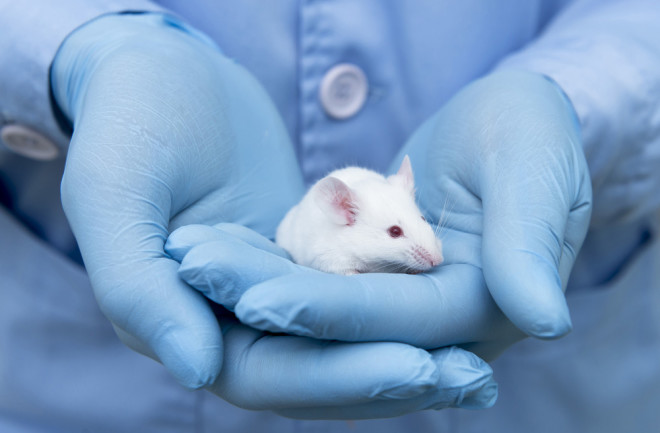Scientists discovered that the BPA-free plastic in their mouse cages was harming the animals' fertility. (Credit: unoL/shutterstock) Twenty years ago, Patricia Hunt, a reproductive biologist at Washington State University in Pullman, revealed bisphenol A, a chemical in plastic, caused reproductive problems in mice. Soon “BPA” became a household term and “BPA-free” water bottles and consumer packaging cropped up everywhere. Now Hunt and her same team of scientists are back with a new study that shows the compounds that replaced BPA to make BPA-free products are just as harmful. The discovery indicates bisphenols as a group are hazardous to human health. “Reproductive health is at risk with regard to bisphenols,” said Linda Giudice, a reproductive endocrinologist at the University of California, San Francisco, who was not involved in the new research. “This is disturbing but not unexpected,” she added. “The replacements are the same class of compounds and they have the same mechanisms of action.”
BPA Replacements Harm Reproductive Health in Mice

Newsletter
Sign up for our email newsletter for the latest science news
0 free articles left
Want More? Get unlimited access for as low as $1.99/month
Stay Curious
Sign up for our weekly newsletter and unlock one more article for free.
View our Privacy Policy
Want more?
Keep reading for as low as $1.99!
Already a subscriber?
Find my Subscription
More From Discover
Stay Curious
Subscribe
To The Magazine
Save up to 40% off the cover price when you subscribe to Discover magazine.
Copyright © 2025 LabX Media Group
